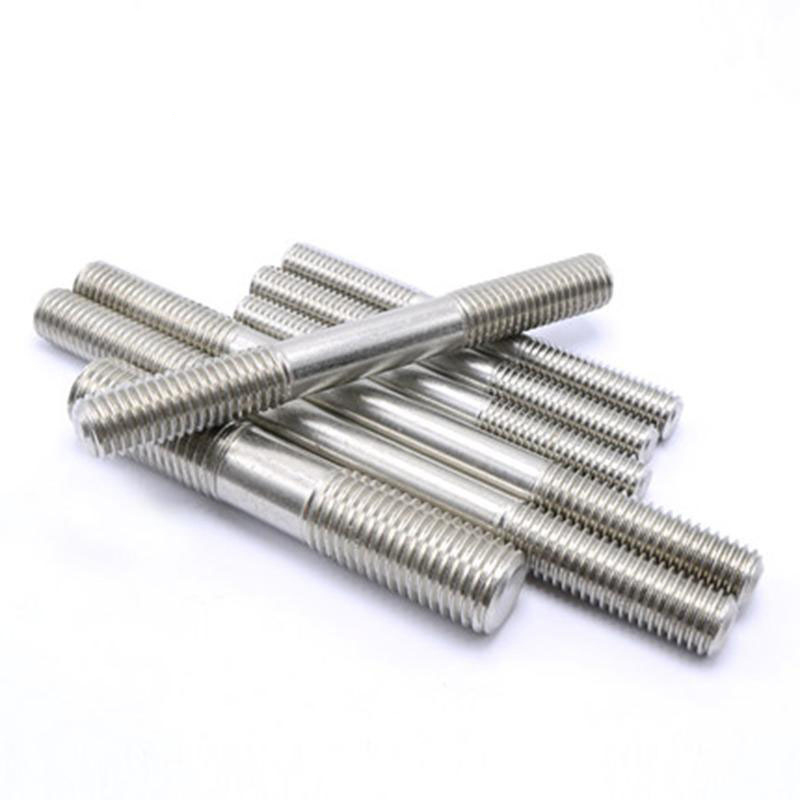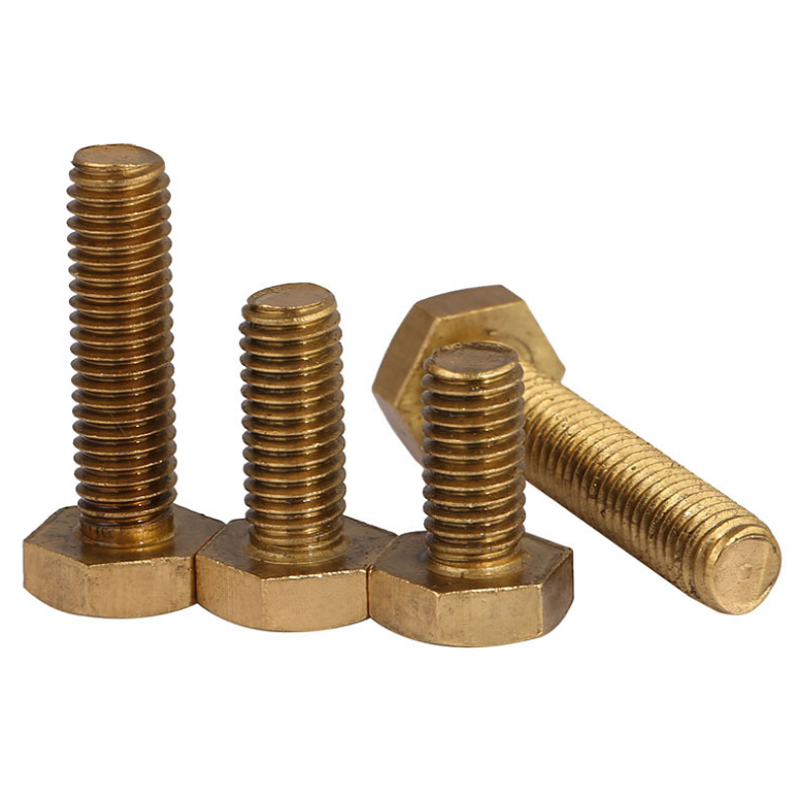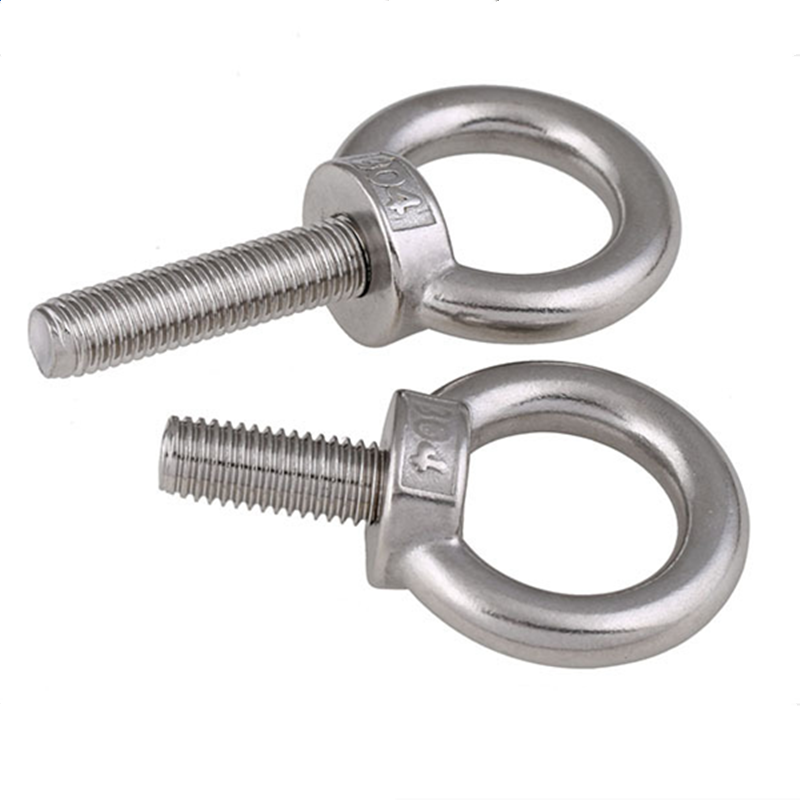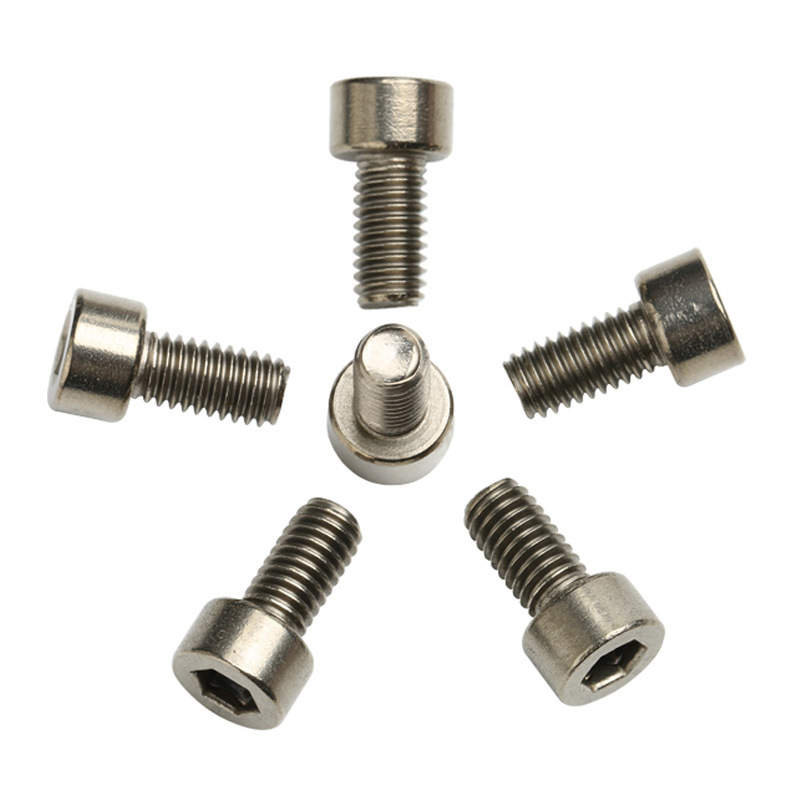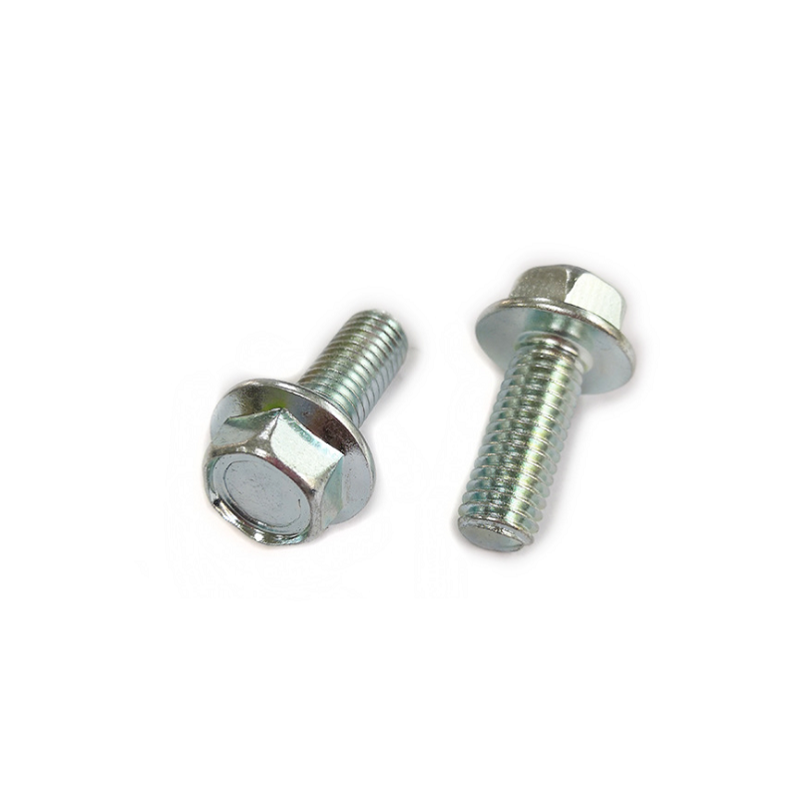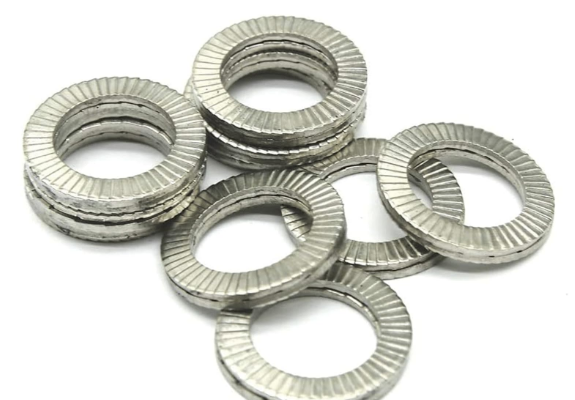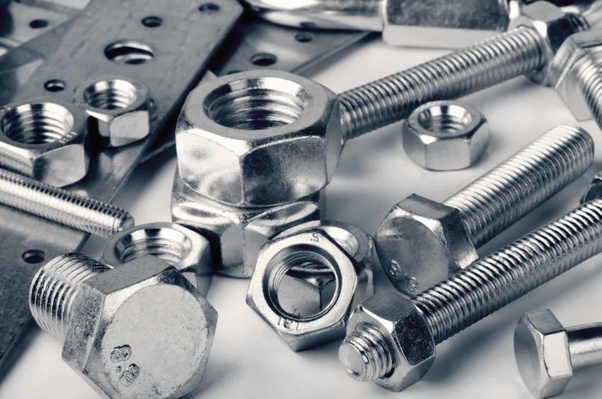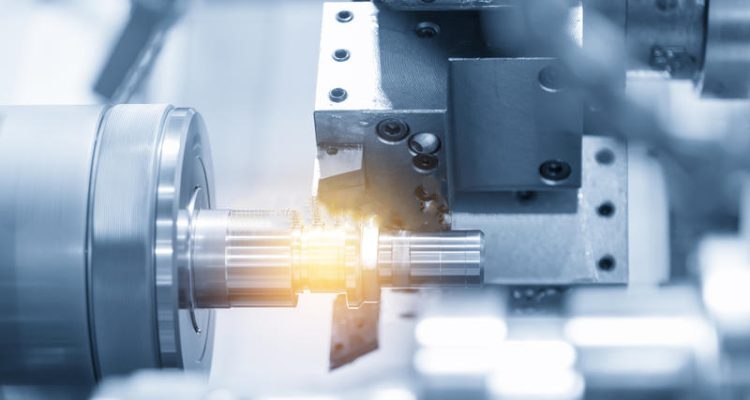
How to choose RS fasteners for different industries?
Table of Contents
ToggleIdentify Industry Needs
In order to figure out, what fasteners are needed in your industry, you have to consider 3 aspect: environmental conditions, loads, industry standards. In addition, you can figure out carefully decide what fastener are suitable for your industry by the video below.
Analyzing Environmental
When choosing RS fasteners, one of the main aspects to be aware of is the types of environments the fasteners need to resist. For example, when dealing with marine environments, it is advisable to use fasteners that resist saltwater corrosion. In this case, stainless steel or coated fasteners are best. In construction, fasteners must be resistant to extreme temperatures and humidity. Here it is recommended to use materials such as galvanized steel or titanium, known for their persistence under similar conditions.
Load and Stress Factors
In terms of the load and stress conditions, they are also required to differ. For structures, an important precodition would be having a high tensile strength. The RS Fasteners has in its list of products those that can resist high loads without deforming. A car assembly line is an example where the bolts must resist static and dynamic loads. By selecting this or that fastener based on its shear and tensile strength and viewing the corresponding industry data, safety and reliability are ensured.
Corresponding Industry Standards
In addition, in different industries, there are many standards and sets of specificatuons that need to be adhered to. Thus, in the aerospace industry, fasteners must be tested in compliance with the ASME or ASTM, ensuring that they meet performance standards and stress loads. RS Fasteners meets these requirements, thus, using its standard fasterners is beneficial in terms of risks and integrity of the entire project.
Select Material and Type
After determining the specific industry’s needs, the materials and types will be selected based on the industry. Material strength, material durability, corrosion resistance, material type, characteristics and so on. You can see the table below for the 5 most popular use fastener material properties and application industries examples.
| Product | Durability | Strength | Corrosion Resistance | Application Industries |
|---|---|---|---|---|
| Stainless Steel Fasteners | High | High | Very High | Marine, Food Processing, Medical, Chemical Processing, Outdoor Construction |
| Carbon Steel Fasteners | Medium | Very High | Low | Automotive, Heavy Machinery, Structural Applications |
| Titanium Fasteners | Very High | Medium | Very High | Aerospace, Medical, High-Tech Industries |
| Galvanized Steel Fasteners | High | Medium | High | Outdoor Construction, Infrastructure, Agricultural Equipment |
| Zinc-Plated Fasteners | Medium | Medium | Medium | General Construction, Household, Light Industrial Applications |
Compatibility and Installation
Differentiate Special Fasteners

Selecting the right fasteners is a critical step in any project. Especially in the aerospace sector, RS titanium fasteners are the most popular choice due to titanium’s strength, light weight and corrosion resistance.
Industry Tools and Fasteners Compatible
Consider whether your tooling solution is compatible with the selected fasteners. For example, if you use an impact wrench in a construction project, choosing the right type of fastener that is installed with a compatible tool can increase the efficiency of the project. Therefore, the need to check compatibility with your tooling should not be underestimated.
Note the Installation Steps

Special installation is required for fasteners to ensure their performance and life. It should be noted, these procedures vary for different fasteners. Mounting bolts, for example, require predrilled holes and nuts, while self-tapping screws are just inserted.
Maintenance and Service Life Planning
Concerning the maintenance schedule, we suggest regular inspections and treatment must be scheduled. In harsh environments, for example, protective coatings or corrosion-resistant materials can be used. Besides, maintaining records will help predict failures and decrease the chances of an unexpected failure and costly repair work.

